The first round of applications for more than $2.5 billion in funds for new EV charging stations is officially open.
Biden-Harris Administration Opens Applications for First Round of $2.5 Billion Program to Build EV Charging in Communities & Neighborhoods Nationwide
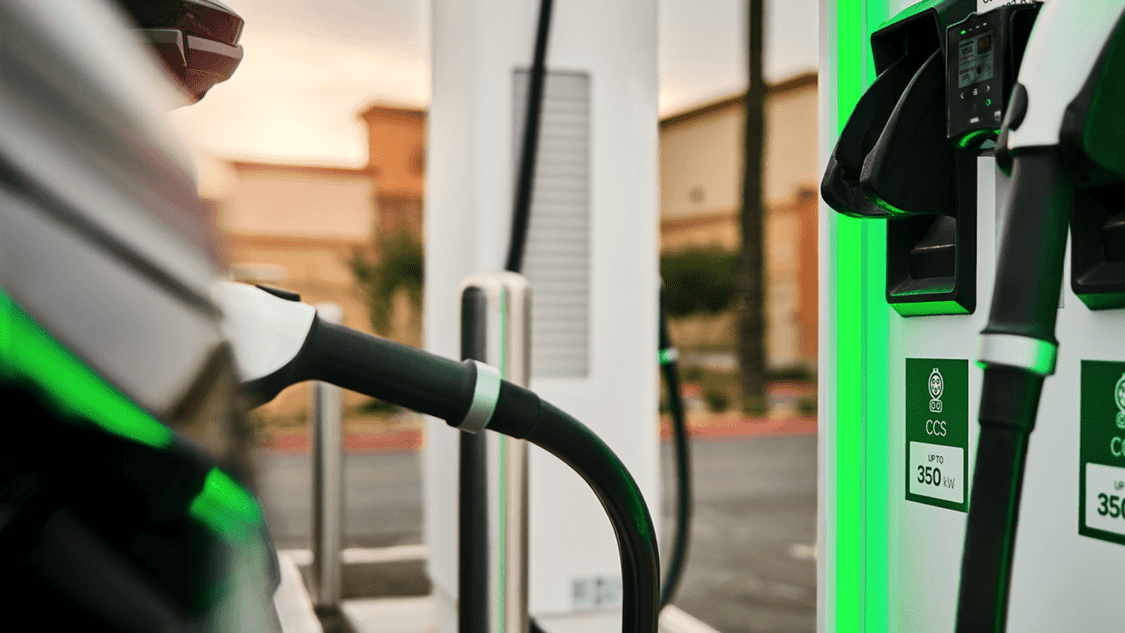
Today marks a significant milestone as the Biden-Harris Administration has officially unveiled the commencement of applications for a groundbreaking multi-billion-dollar initiative aimed at bolstering electric vehicle (EV) charging and alternative-fueling infrastructure nationwide. This program encompasses communities across the country as well as designated highways, interstates, and major roadways, aligning closely with the National Electric Vehicle Infrastructure (NEVI) program’s objectives.
This announcement signifies a pivotal stride towards achieving President Biden’s ambitious vision of establishing a robust national network comprising 500,000 public EV charging stations by 2030. Furthermore, it underscores the administration’s commitment to slashing national greenhouse gas emissions by an impressive 50–52% within the same timeframe.
The US Department of Transportation’s new Charging and Fueling Infrastructure (CFI) Discretionary Grant Program, established by the Bipartisan Infrastructure Law, will provide $2.5 billion over five years to a wide range of applicants, including cities, counties, local governments, and Tribes. This round of funding makes up to $700 million from fiscal years 2022 and 2023 funding available to strategically deploy EV charging and other alternative vehicle-fueling infrastructure projects in publicly accessible locations in urban and rural communities, as well as along designated Alternative Fuel Corridors (AFCs).
“By helping bring EV charging to communities across the country, this Administration is modernizing our infrastructure and creating good jobs in the process,” said US Transportation Secretary Pete Buttigieg. “With today’s announcement, we are taking another big step forward in creating an EV future that is convenient, affordable, reliable, and accessible to all Americans.”
The CFI Discretionary Grant Program builds on the $5 billion National Electric Vehicle Infrastructure (NEVI) Formula Program, for which FHWA published finalized minimum standards earlier this month. EV chargers constructed with CFI funds must adhere to those same standards, a requirement that supports a consistent charging experience for users and ensures that our national charging network is convenient, reliable and Made in America.
“Extending EV charging infrastructure into traditionally underserved areas will ensure that equitable and widespread EV adoption takes hold,” said US Secretary of Energy Jennifer M. Granholm. “Ensuring that charging stations are more visible and accessible in our communities addresses the concerns many American drivers have when considering making the switch to electric.”
While the NEVI Formula Program sends money to States, Puerto Rico, and DC to build EV charging infrastructure along designated Interstates, US routes, and State highways, the CFI Discretionary Grant Program awards competitive grants to projects serving a range of applicants to fill gaps in the national charging and alternative-fueling network and build out charging in communities. A priority of the CFI Program is bringing EV charging into urban and rural communities, downtown areas and local neighborhoods, particularly in underserved and disadvantaged communities, as well as to designated alternative fuel corridors. Both the NEVI and CFI programs will create good-paying jobs across the country as more workers are needed to install and maintain EV charging stations, and both programs will help put the country on a path to a nationwide network of 500,000 EV chargers by 2030.
The Bipartisan Infrastructure Law divides the CFI Program into two distinct grant funding categories, and requires that 50% of the funding over five years is made available for each:
The Community Program will provide $1.25 billion to strategically deploy publicly accessible EV charging infrastructure, and hydrogen, propane, or natural gas fueling infrastructure in communities. Infrastructure may be located on any public road or in other publicly accessible locations such as parking facilities at public buildings, public schools, and public parks, or in publicly accessible parking facilities owned or managed by a private entity.
The Corridor Program will provide $1.25 billion to strategically deploy publicly accessible EV charging infrastructure and hydrogen, propane, and natural gas fueling infrastructure along designated alternative fuel corridors (AFCs).
“FHWA is committed to helping towns and cities, large and small, build modern, sustainable infrastructure that promotes equity and opportunity for their local economies and net-zero emissions for the nation by 2050,” said Federal Highway Administrator Shailen Bhatt. “By encouraging the adoption and expansion of EV charging and alternative fuels, CFI Program investments have the potential to significantly address the transportation sector’s outsized contributions to climate change.”
Eligible applicants and projects for both categories are outlined in a Notice of Funding Opportunity published today. Applications are due by May 30, 2023.
FHWA seeks to fund projects that address environmental justice, particularly for communities such as rural and low- and moderate-income neighborhoods that may disproportionately experience the consequences of climate change and other pollutants.

SOURCE | IMAGES: FEDERAL HIGHWAY ADMINISTRATION | KINDEL MEDIA
FTC: We use income-earning auto affiliate links. Learn more.


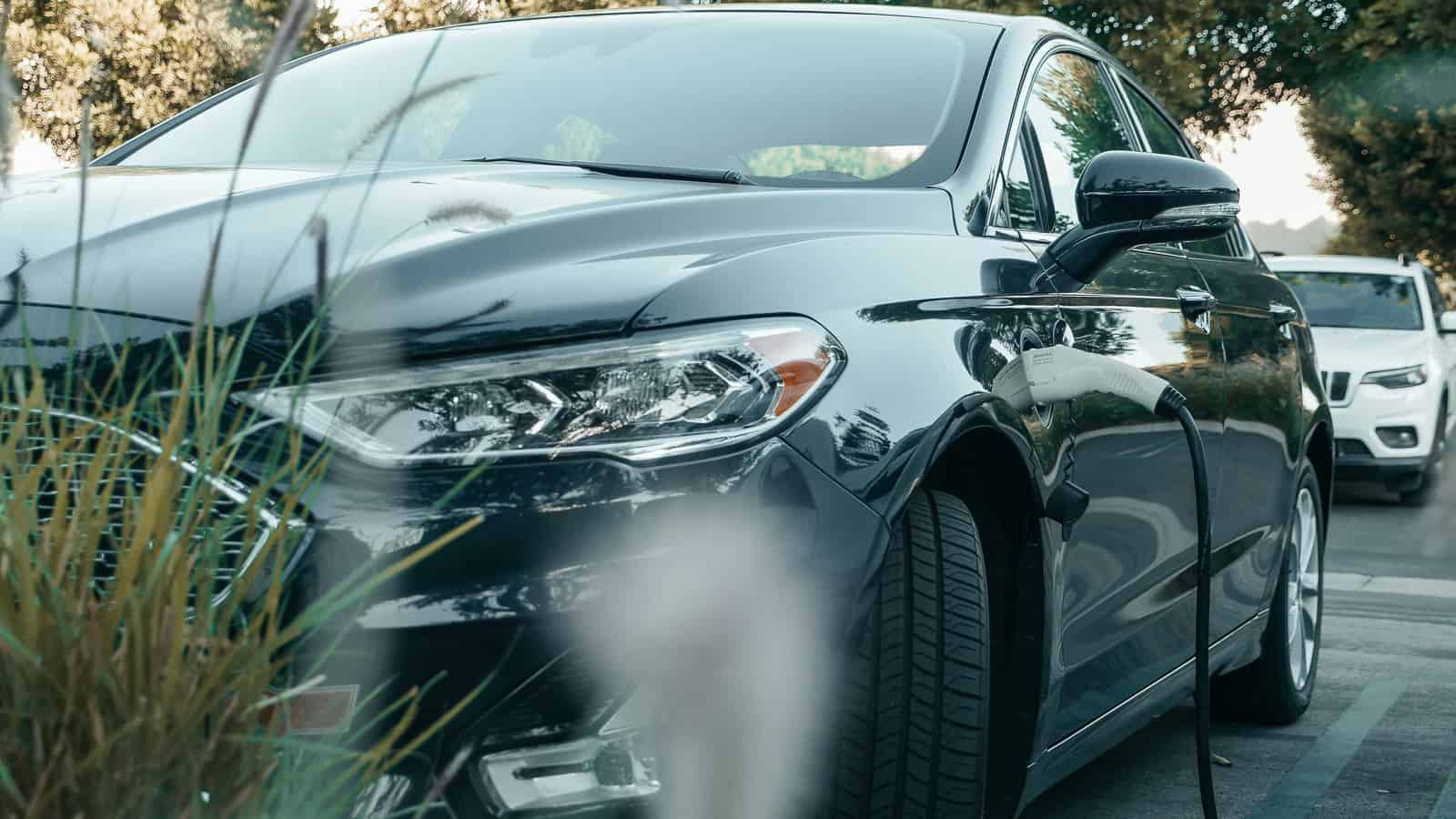


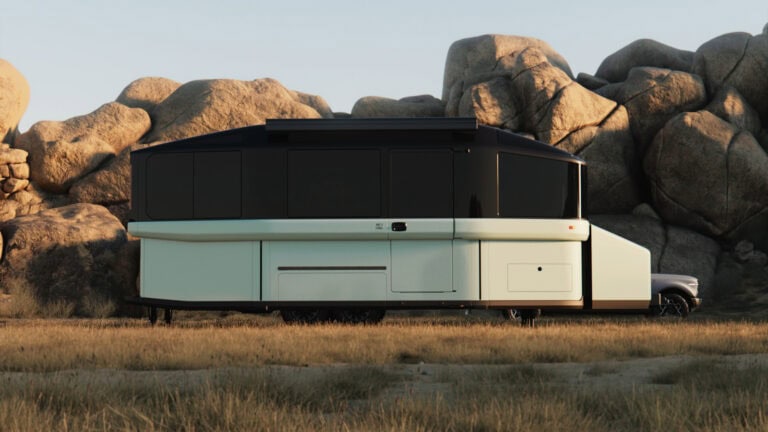
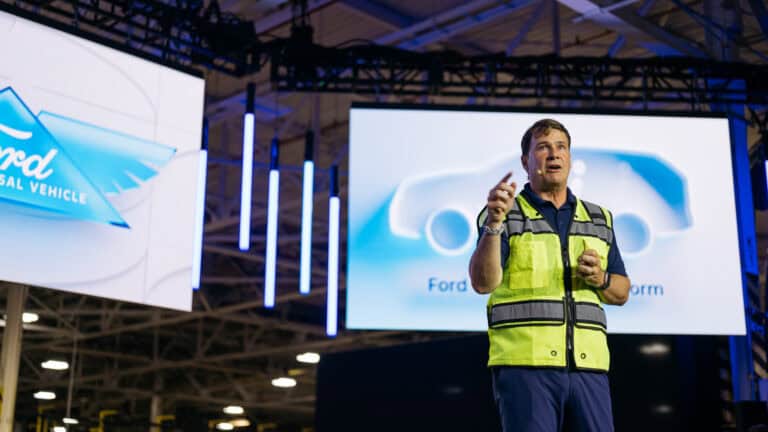
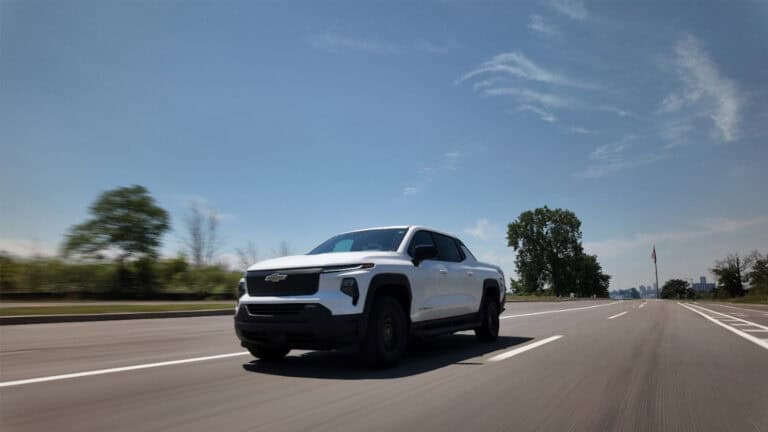


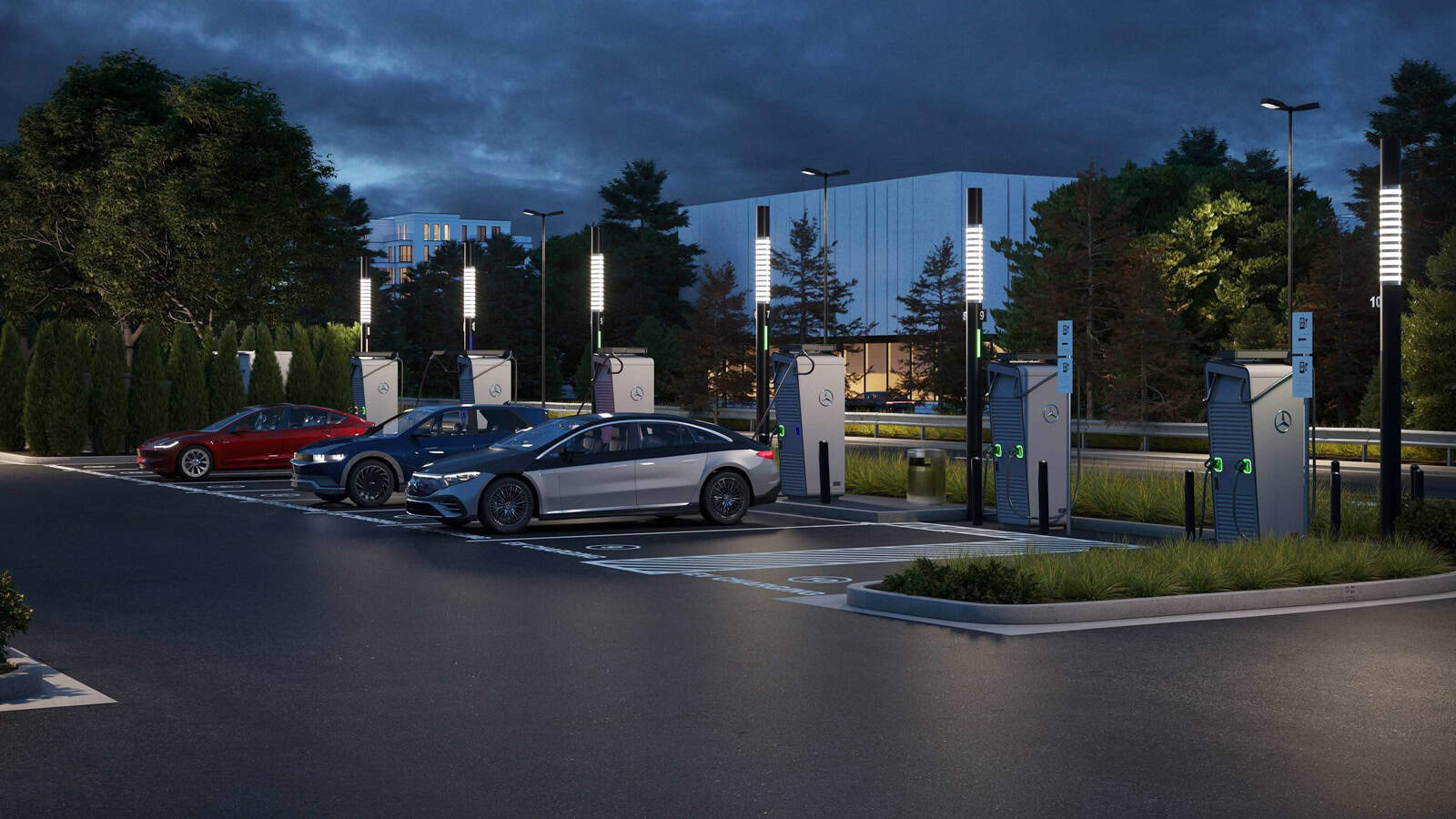
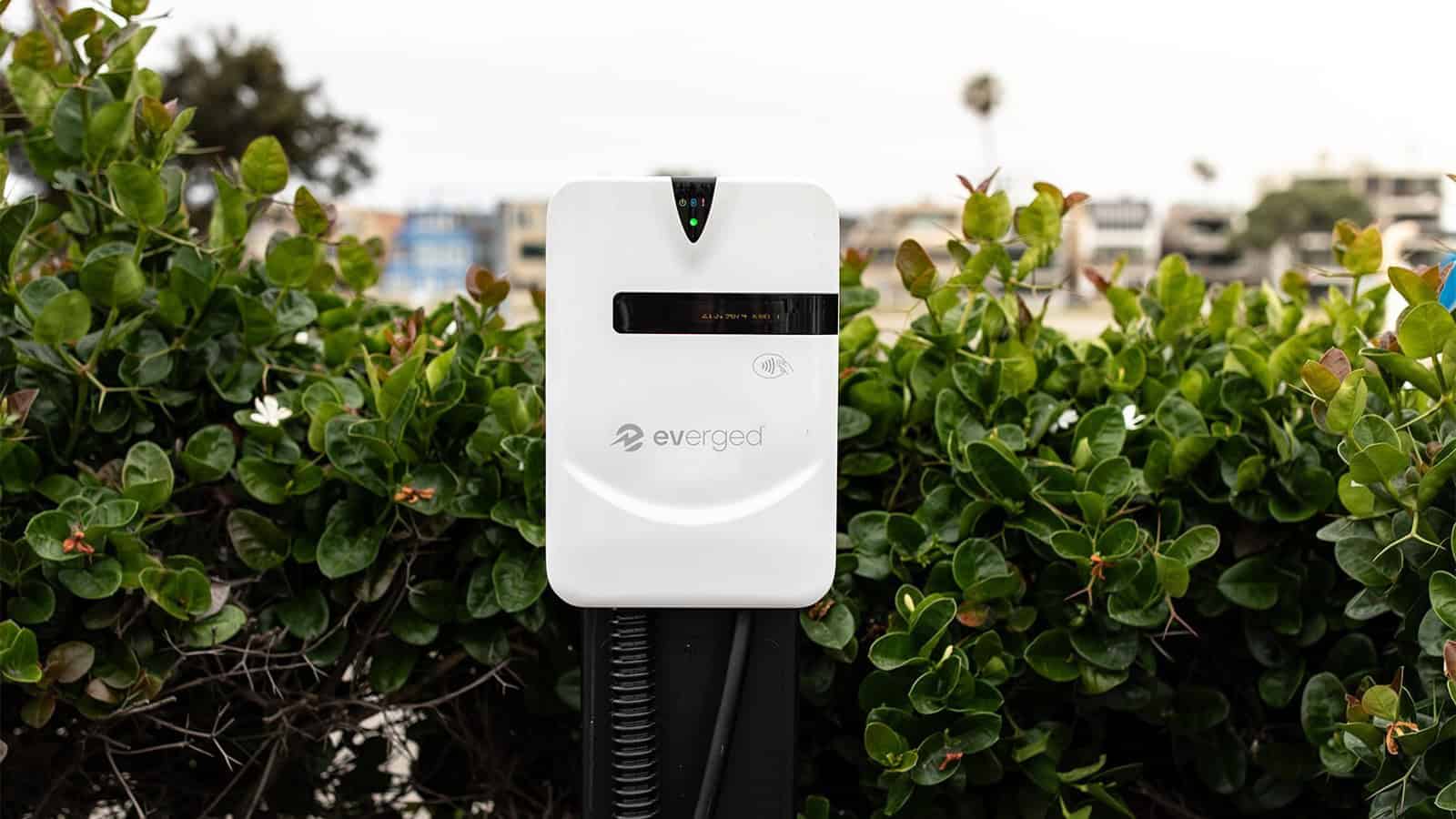
One Response